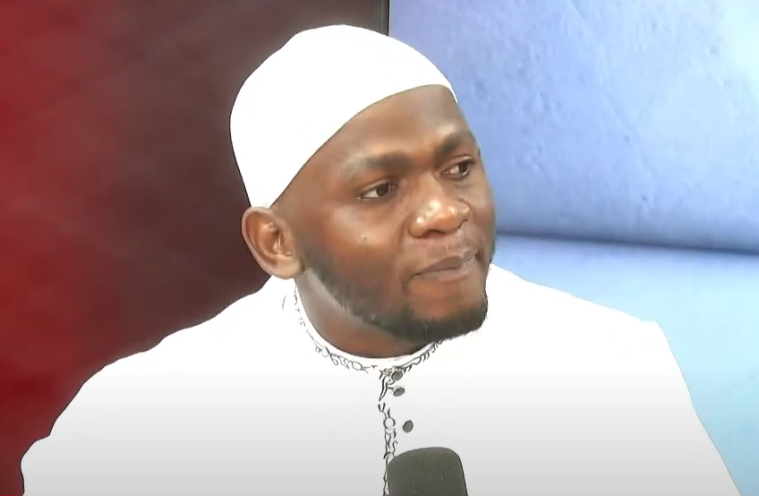Dakar, May 8, 2023—Guinea’s media regulator should lift its suspension of the Inquisiteur outlet and journalist Mamoudou Babila Keita and allow the press to report on matters of public interest without fear of sanctions, the Committee to Protect Journalists said Wednesday.
On April 17, the High Authority for Communication (HAC) suspended the private news website Inquisiteur in Guinea and banned Keita from practicing journalism for six months, according to news reports, and Keita, who is also the website’s administrator.
The suspension followed a March 27 complaint filed by Alphonse Charles Wright, the former Minister of Justice and Human Rights, over a March 20 Inquisiteur investigation into allegations of corruption in public contracts, according to the HAC decision, reviewed by CPJ.
Keita told CPJ that he had been summoned to appear in court in the capital, Conakry, on May 30 on defamation charges, following a complaint by Wright.
“Guinea’s communications regulator should reverse the suspension of Mamoudou Babila Keita and the Inquisiteur news website and ensure media outlets can work freely,” said Angela Quintal, head of CPJ’s Africa program, in New York. “The six-month suspension risks seriously undermining Inquisiteur’s financial viability and denies the Guinean public access to diverse sources of information.”
In its decision, the HAC said that Keita had “not been able to provide evidence of his accusations” and he could not “practice the profession of journalism” for the duration of his suspension.
Keita shared with CPJ a 11-page memo that he wrote to the HAC on April 16 in response to their request for evidence to support the corruption allegations in his article. In the memo, Keita invited HAC to verify the evidence detailed in his report with authorities to help prove his innocence.
Wright told CPJ that the article had damaged his career and hurt his family and he waited for a week before filing the complaint in the hope that Keita would call to ask him to comment on the story.
Keita told CPJ that the HAC’s suspension would inflict “a huge loss” on Inquisiteur, which was one of Guinea’s 10 most popular news websites and had just invested in new headquarters and equipment and planned to hire new staff.
“All that will now be lost,” Keita told CPJ.
Separately, on March 25, the HAC suspended Habib Marouane Camara, a columnist with the privately-owned Djoma Media group, for three months over alleged “defamatory remarks” after the Minister of Transport and government spokesman Ousmane Gaoual Diallo filed a complaint, the columnist told CPJ.
On January 17, the HAC suspended the privately-owned news website Dépêche Guinée for nine months and banned its editor Abdoul Latif Diallo “from creating or lending his services to a news organization” for six months.
According to the law establishing the HAC “for the defense of citizens’ right to information,” the regulator can sanction, suspend, or ban media outlets and journalists that do not respect the provisions of the law on communication.
Since late 2023, several news websites, including Inquisiteur, became inaccessible for months and at least four radio and television outlets, as well as social media platforms have been blocked in Guinea. The restrictions began in May, coinciding with opposition-led protests against the military government which took power in 2021.
CPJ’s calls to the HAC President Boubacar Yacine Diallo requesting comment were not answered.
